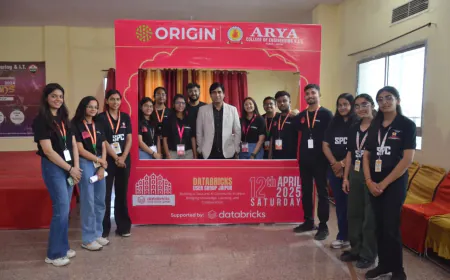How is tax imposed on YouTube earnings, know all the important things before filing ITR
There is more than a week left to file Income Tax Return (ITR). You need to submit ITR on or before 31st July. In such a situation, if you are a YouTube creator and earn money from YouTube advertisements, then how will you be taxed? Apart from this, whether your earnings will be counted as business income or income from a profession. Know the answer to every question.

Less than a week is now left to file Income Tax Return (ITR). It is mandatory for you to file ITR for FY23 by 31st July. In such a situation, if you are a YouTube creator and your income comes from YouTube's advertisements, then how will you be taxed?
The second question is whether earning from YouTube will count in business or will it come under income from the profession. Which of the Section 44 AD and Section 44 ADA will be applicable? Also, if you received two months' salary from YouTube in FY23, then which ITR form will be applicable to you? Today we are going to give you the answers to all these questions.
The answer to this question depends on whether you earn part-time or full-time on YouTube. If you earn full-time from youtube and this is your only source of income then it will be treated as business income and taxed under the head "Profits and gains of business or profession".
If you make part-time income from YouTube and it does not result in substantial income then it can be taxed under the head "Income from other sources".
If you are subject to tax under the head "Profits and gains of business or profession", it is important to look at the type of videos you are uploading.
If the content of the video you are uploading requires technical expertise from you which requires special training, then it will be treated as a profession otherwise it can be treated as your business income, and then the provisions of section 44AD will apply.
If your tax liability in respect of such income exceeds Rs.10,000 then you will have to discharge your tax liability by way of advance tax. If the liability is less than Rs.10,000, you can pay tax in respect of this income in the form of self-assessment while filing your income tax return.
If you opt to treat this as business income, you will need to file ITR Form 4 or ITR Form 1, or ITR Form 2, depending on whether you have more than one house property or Taxable income under capital gains.
Also, you can file ITR 4S if you want to avail of presumptive tax benefits under section 44AD or 44ADA, provided you do not own more than one house property. Let us tell you here that not all professions are eligible for the presumptive scheme of taxation under 44ADA.
For Latest News update Subscribe to Sangri Today's Broadcast channels on Google News | Telegram | WhatsApp




































.jpeg)















































































.jpeg)














